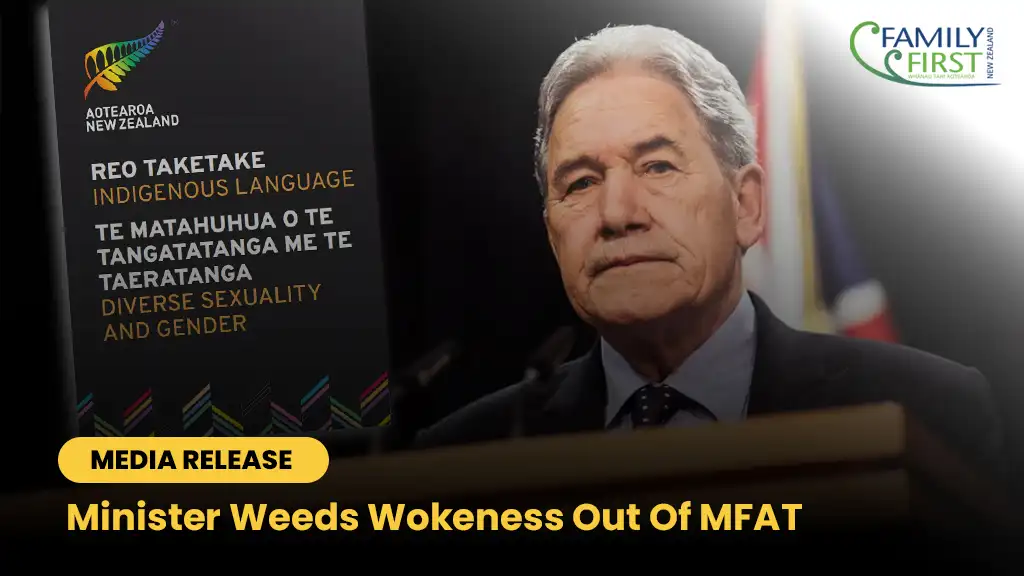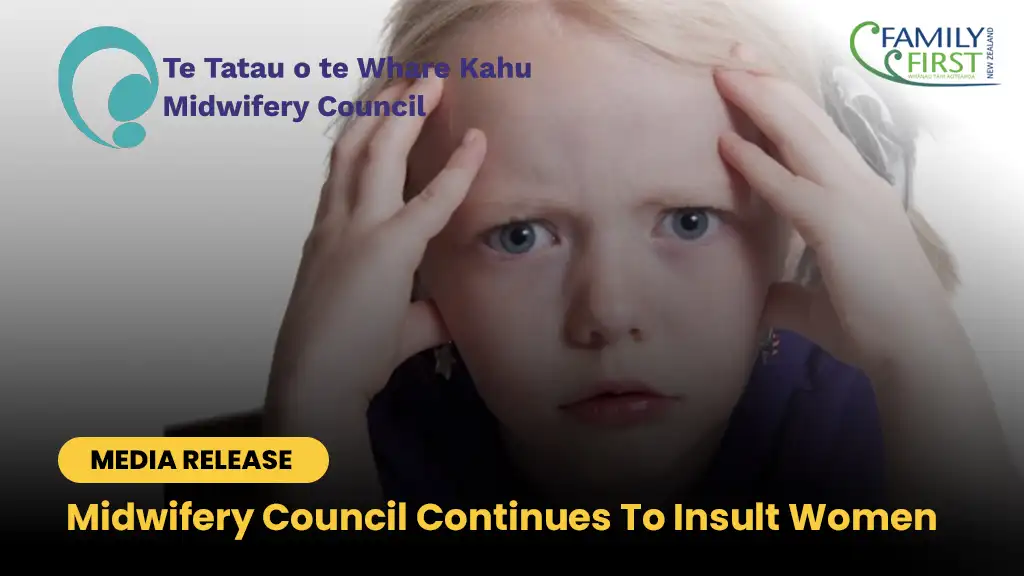Media Release 29 September 2019
Family First NZ says that a significant number of submitters to the Abortion Legislation Bill who want to make an oral submission are being denied that opportunity.
“We’ve been inundated with complaints from people who have made submissions and asked for the opportunity to make an oral submission but are being told that they will not be allowed to. Judging on the numbers who are and who aren’t being allowed, we believe that as many as 75% of submitters are being turned away – possibly more,” says Bob McCoskrie, National Director of Family First NZ.
“No other issue quite cuts to the heart of our humanity and life than the issue of abortion – and that is why there has been a strong reaction with more than 23,000 written submissions in the extremely short timeframe of six weeks. This is a significant piece of legislation involving life, death and human rights of our most vulnerable.”
The committee has said that they are “focusing on submissions that will most help it consider what, if any, changes should be recommended to the bill.” Does this mean that groups opposing the policy shift of taking abortion out of the Crimes Act will not be considered at all?”
“It is also ironic that National is currently accusing the Ministry of Transport of blocking objections to the car tax-rebate scheme encouraging the purchase of low-emissions vehicles. National MP and committee member on the abortion select committee Amy Adams should also be calling for the same transparency for this committee.”
“The Select Committee should take time to fully consider the ramifications of liberalising the law, and should travel the country and hear as many oral submissions as reasonably possible. If that means requesting further time to present the report back to Parliament, so be it.”
“Significant consideration and extreme caution should be given to the bill – because if we get this wrong, there are deadly consequences. To fully analyse the views and concerns of 23,000+ submissions from individuals, groups, organisations, health and legal professionals, researchers and families, the select committee risks rushing the process purely for political convenience and ignoring the important human rights ramifications.”
“All New Zealanders should be respected and listened to on this issue. The Select Committee must take the full time necessary to allow the public to express their view on this highly controversial and significant bill.”
ENDS




